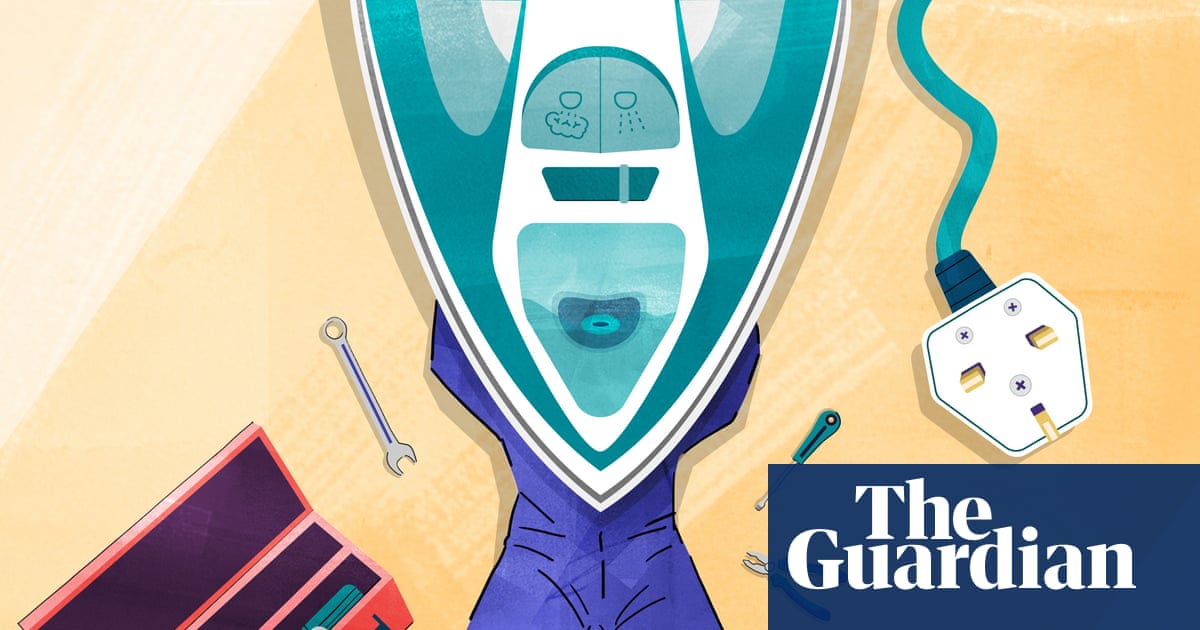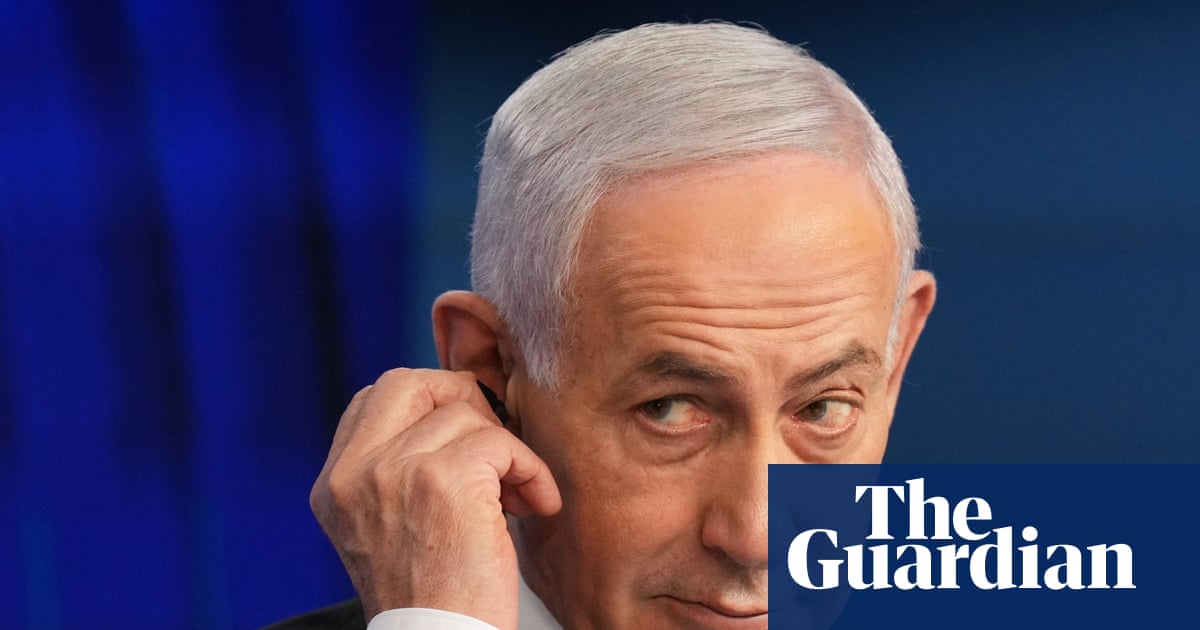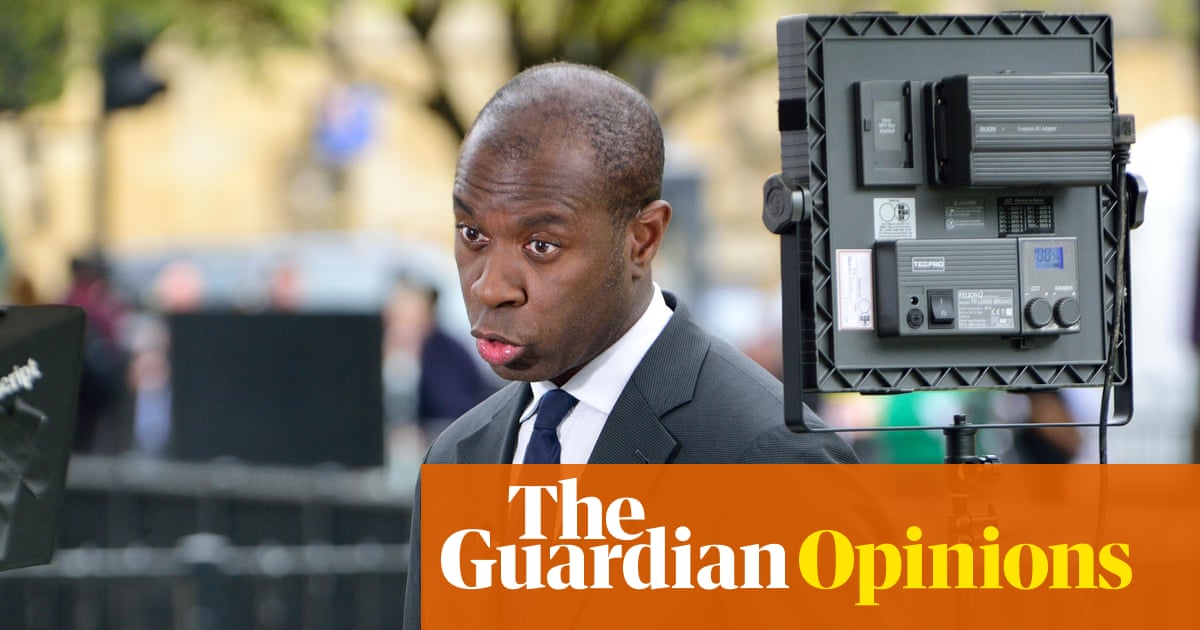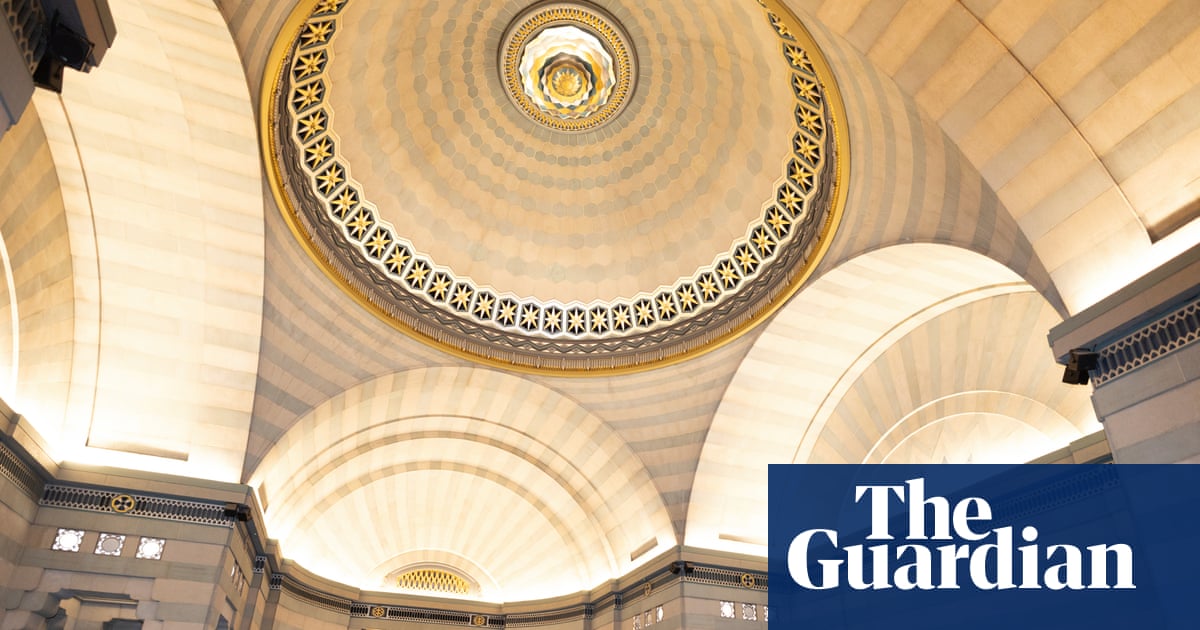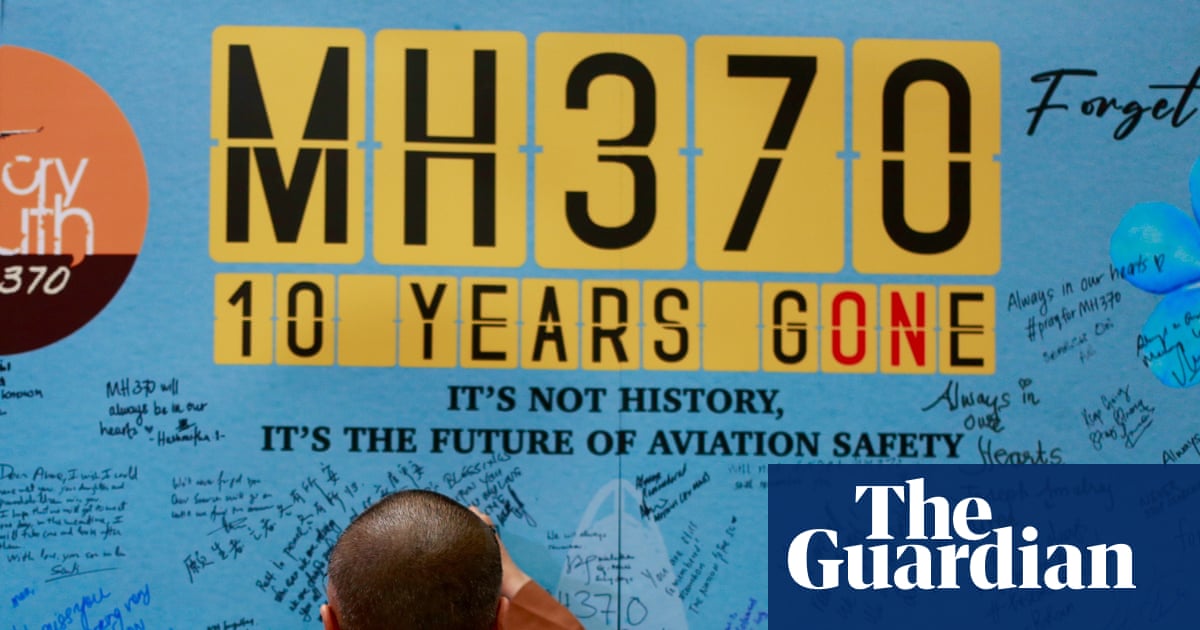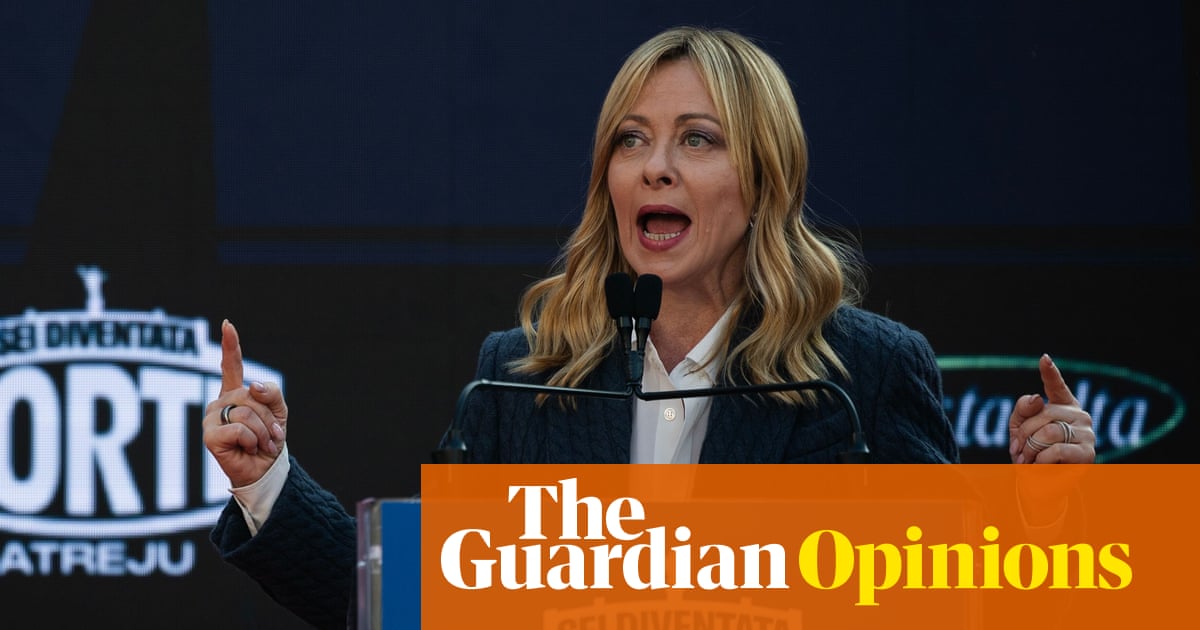François Bayrou may have thought it was a smart pre-emptive move to call a parliamentary vote of confidence in his minority government ahead of a planned national protest day on 10 September and the start of a fraught parliamentary budget season.
Determined not to meet the same fate as his predecessor who was toppled by parliament last December, the French prime minister appears to have chosen political hara-kiri instead. His near-certain ejection by a hung parliament on Monday (8 September) is set to turn a smouldering political deadlock into a blazing crise de régime.
France’s Fifth Republic constitution, framed by Gen Charles de Gaulle in 1958 to create a strong executive and a pliant legislature, has ceased to deliver stable governments. Without a change in the system, France faces extended political paralysis. In the meantime, it seems incapable of resolving a chronic fiscal crisis that is starting to worry financial markets. The finance minister, Éric Lombard, last week declined to rule out having to seek an IMF bailout before abruptly back-pedalling when investors took fright.
If, as expected, the veteran centrist prime minister is ousted, President Emmanuel Macron has no easy option to steady the ship of state, pass a budget to curb the swollen deficit, and preserve his liberal legacy of supply-side economics and pension reform.
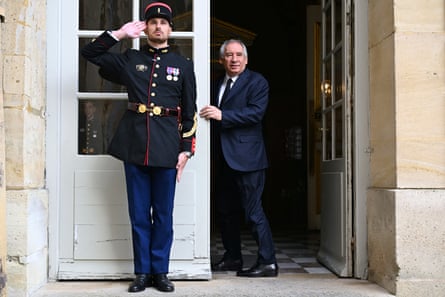
Macron could appoint a new prime minister – his fourth in two years – but there is no sign that France’s political parties are willing to compromise on a workable budget. He could dissolve parliament again and call a general election – the third in three years – but that would probably produce no more decisive an outcome than the snap poll he called last year in an impetuous blunder.
The president had sought “clarification” from voters after far-right populists made big gains in the European parliament elections. Instead of clarification, the legislative ballot cast the country into greater confusion, producing a three-way split between roughly equal blocs – a leftwing alliance dominated by Jean-Luc Mélenchon’s radical France Unbowed (LFI), Macron’s own centrist and centre-right supporters, and Marine Le Pen’s National Rally (RN).
Macron, who cannot run again after his second five-year presidential term, which could last until spring 2027, has ruled out another option – resigning from office and precipitating an early presidential election. How on earth did the charismatic, still only 47-year-old president get himself into such a mess?
He and Bayrou seem to have misjudged both the public mood and the parliamentary arithmetic. They calculated that either the RN or the centre-left Socialist party would keep the government in office since each had good reason to avoid another election – the former because Le Pen would be disqualified from standing due to a fraud conviction, the latter because it risked losing many seats. But neither wants to act as a life raft for an unpopular prime minister who proposed axing two public holidays and freezing public spending next year to narrow the fiscal gap.
Bayrou gambled that by dramatising France’s soaring debt, he could persuade the public and the political class of the need for drastic measures. Capitalising on public anger over those proposals, an anonymous collective called Bloquons tout (Let’s Block Everything) has called for strikes and demonstrations to bring the country to a standstill next Wednesday, seeking to revive the spirit of the leaderless gilets jaunes (yellow vests) movement that staged months of guerrilla protests against a planned carbon tax in 2018.
Although some of those calls appear to have originated on far-right social media accounts, Mélenchon has piled in behind the blockade campaign in the hope of forcing Macron’s removal. So far, the mood seems sullen and distrustful rather than insurrectionary. It’s not clear that unionised public sector workers have the stamina to sustain a campaign of strikes.
after newsletter promotion
The Socialists are trying to project themselves as a constructive alternative to either Bayrou or snap elections. The party’s leader, Olivier Faure, says the president should appoint a Socialist premier to implement a “counter-budget” featuring a wealth tax on large fortunes, a suspension of the raising of the retirement age enacted in 2023, a cut in welfare taxes and smaller public spending cuts than Bayrou envisaged. Macron is determined not to do that, but he has urged his centrists to reach out to the Socialists to try to draw them into joining or supporting a government.
Centrist leaders are urging the president to avoid a fresh election, in which the RN would probably further increase its score at their expense. But French parties have neither the German and Dutch political culture of painstakingly negotiating a compromise programme for a legislature, nor the Italian tradition of backing a government of technocrats for a limited time to carry out unpopular but necessary reforms.
A prolonged political crisis will only fuel support for the nationalist, anti-immigrant right and further discredit the jaded mainstream parties. With toxic social media echo chambers and a growing US-style far-right media railing against crime, immigration and Islam, Le Pen and her young protege Jordan Bardella seem ever closer to winning power.
-
Paul Taylor is a senior visiting fellow at the European Policy Centre

 3 months ago
54
3 months ago
54



